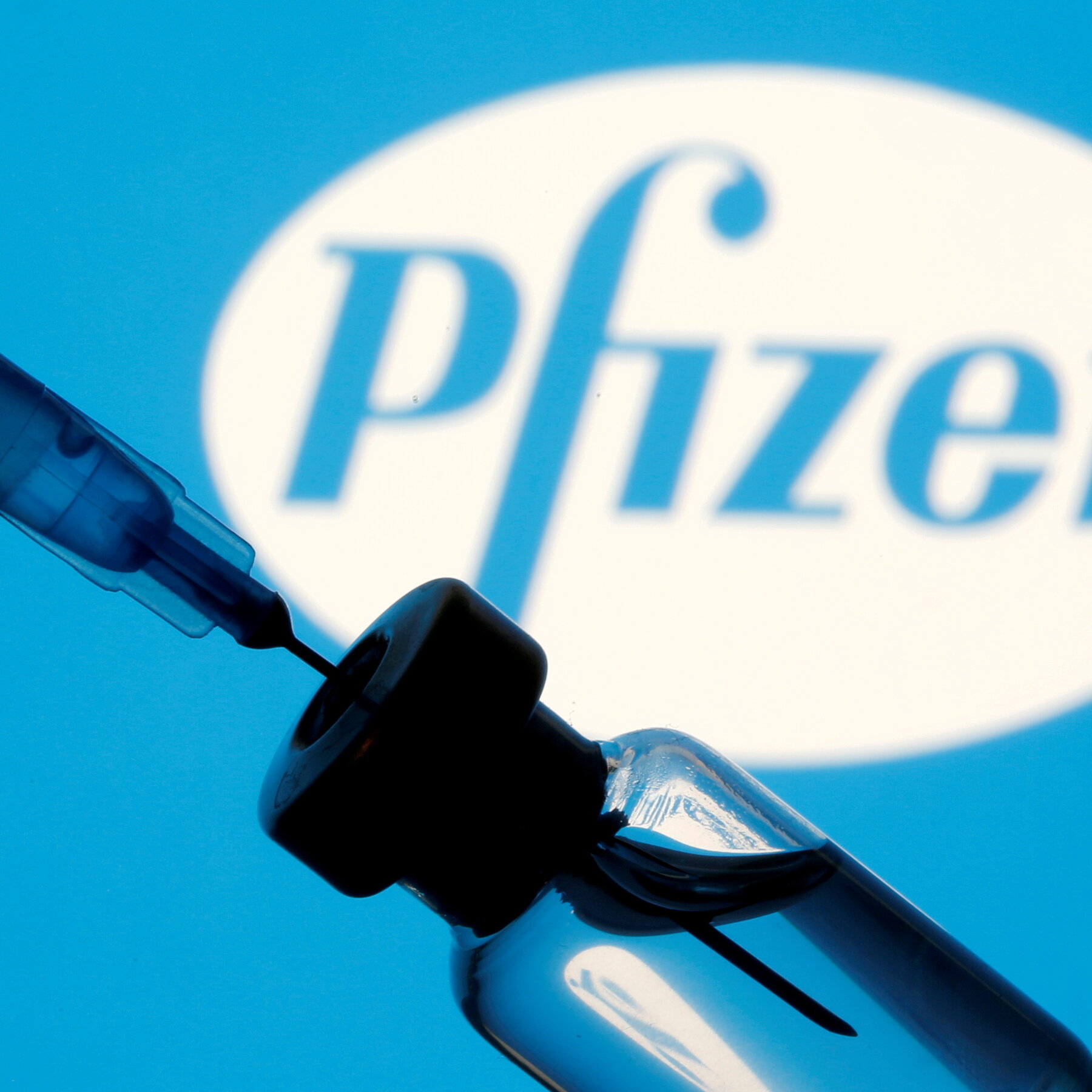Pfizer and BioNTech are teaming up to develop a new shingles vaccine with the same mRNA technology used to develop their COVID-19 shots, the companies announced on Wednesday.
The companies plan to develop a vaccine using Pfizer’s antigen technology and BioNTech’s mRNA technology to further prevent the disease that effects 1 in 3 Americans. The vaccine’s clinical trials are expected to launch in the second half of 2022.
The collaboration will mark the third time Pfizer and BioNTech work together on an mRNA-based vaccine, following the widely used COVID-19 series and an influenza vaccine project started in 2018.
Shingles vaccines already exist, but the companies will strive to create a vaccine that has “better tolerability” and is easier to develop worldwide.
Pfizer agreed to pay BioNTech $225 million, including an equity investment of $150 million, with the option for BioNTech to receive future regulatory and sales milestone payments reaching up to $200 million.
BioNTech will send $25 million to Pfizer for its antigen technology.
Under the companies’ agreement, Pfizer has the rights to commercialize the vaccine globally, except for in Germany, Turkey and other specific developing countries.
Shingles usually occurs in older adults who had a chickenpox infection sometimes decades earlier. The virus can resurface after being dormant for years, leading the patient to endure rashes and more rare symptoms of facial paralysis, deafness and blindness.
The Centers for Disease Control and Prevention (CDC) cites studies that show that 99 percent of Americans aged 40 and older have had chickenpox.
The Pfizer-BioNTech COVID-19 vaccine is one of two mRNA-based series approved in the U.S. to prevent the coronavirus, with Americans having received nearly 300 million doses, according to CDC data.
The article originally appeared on NewsOne






